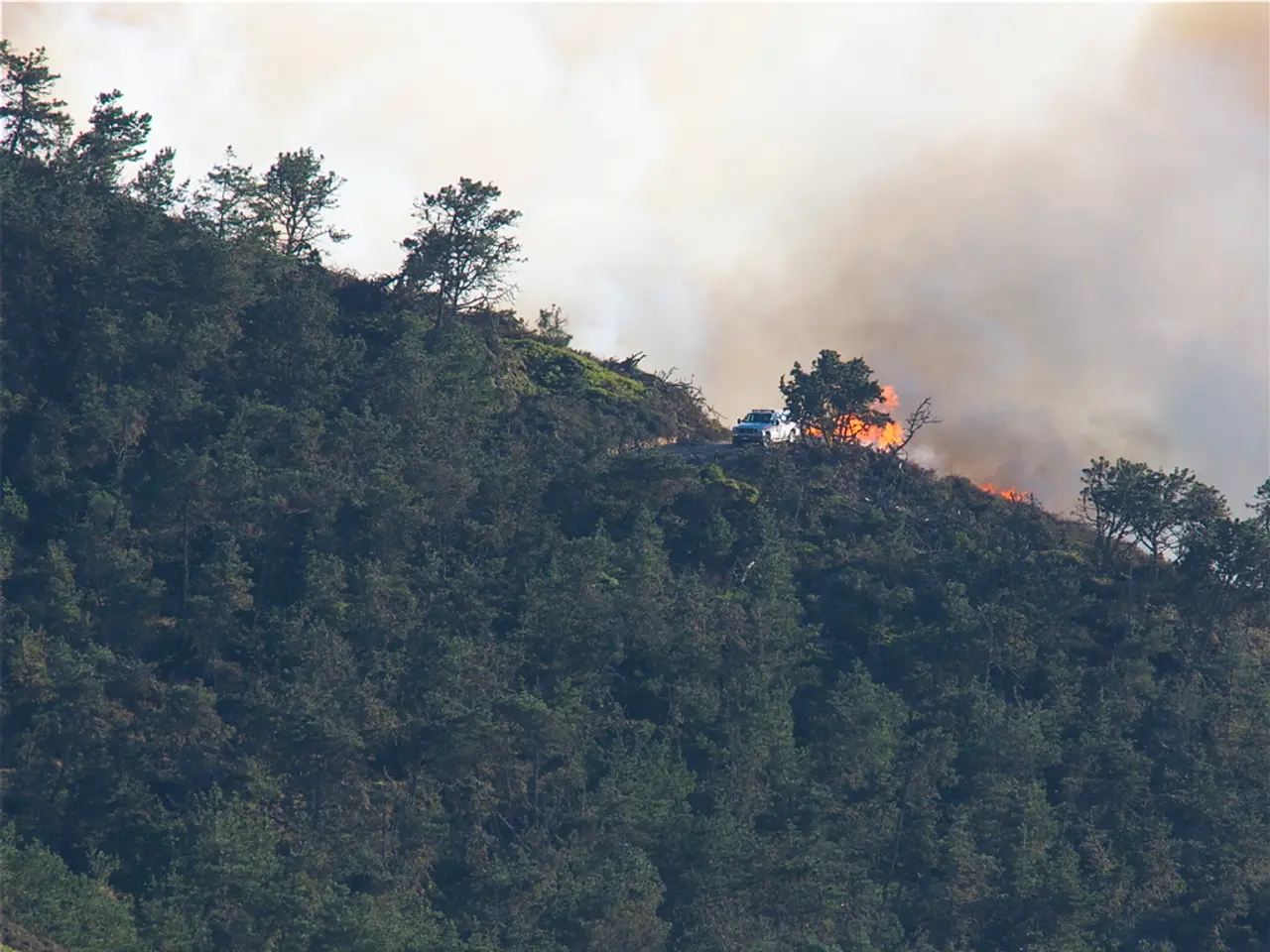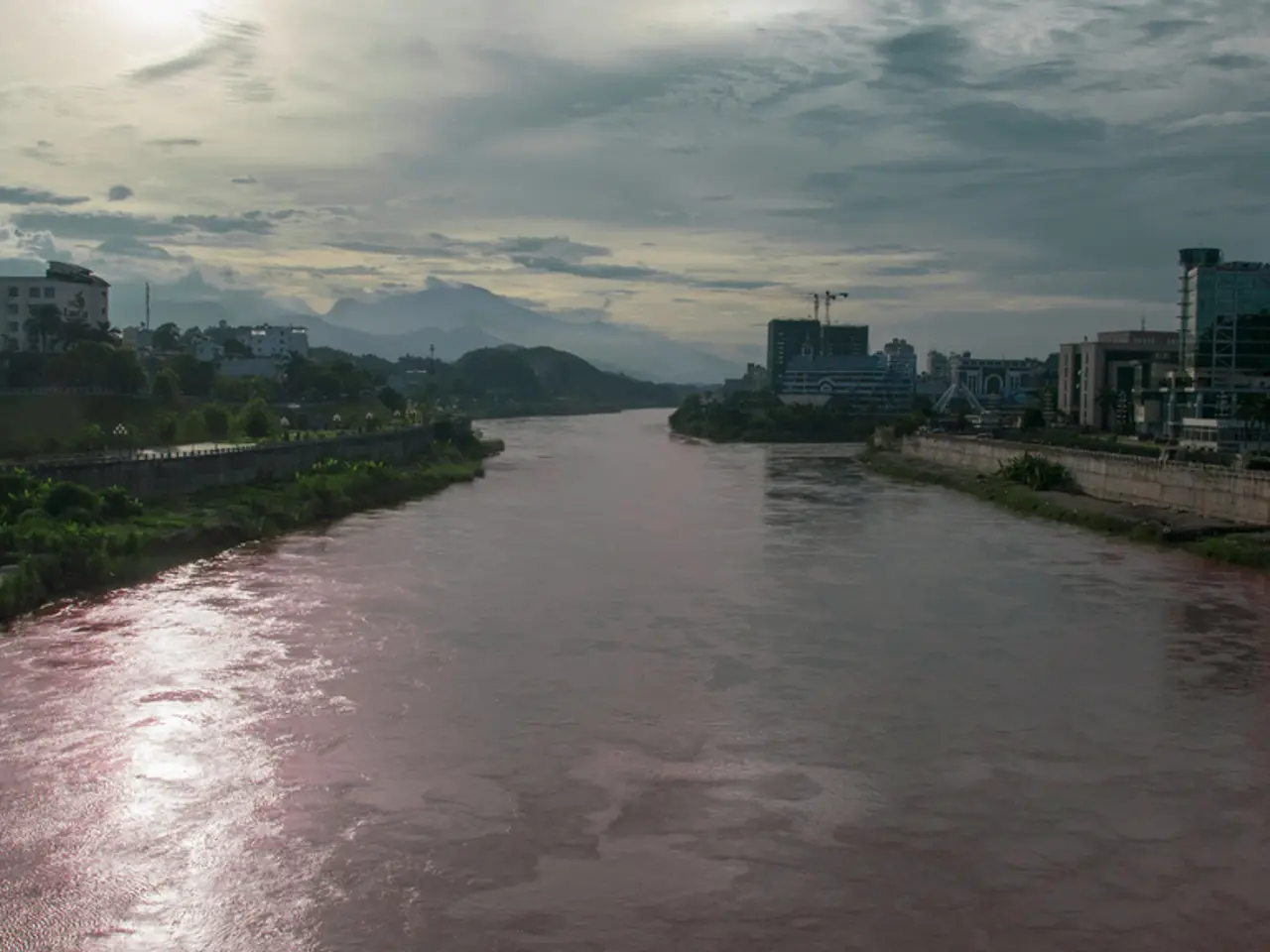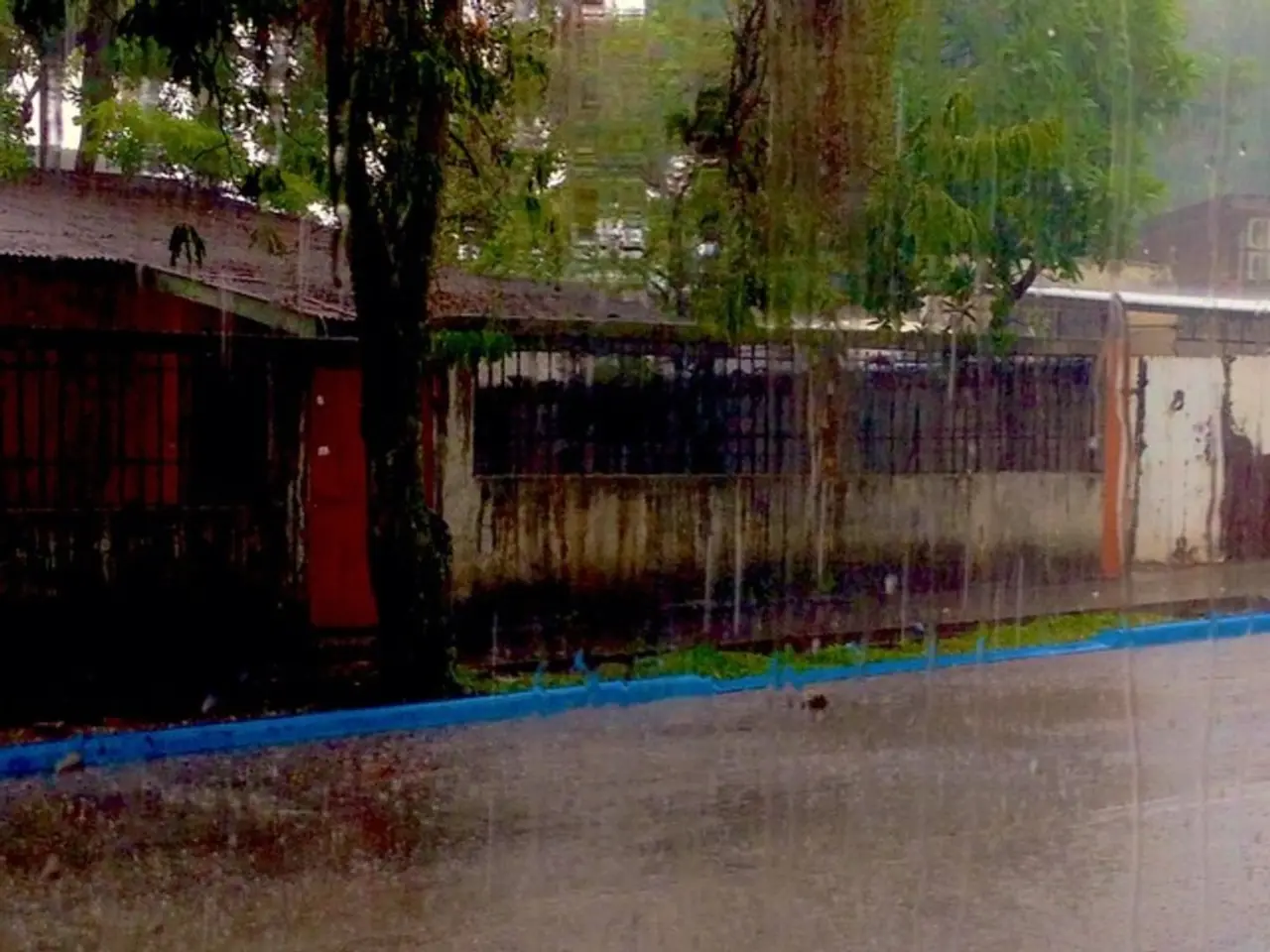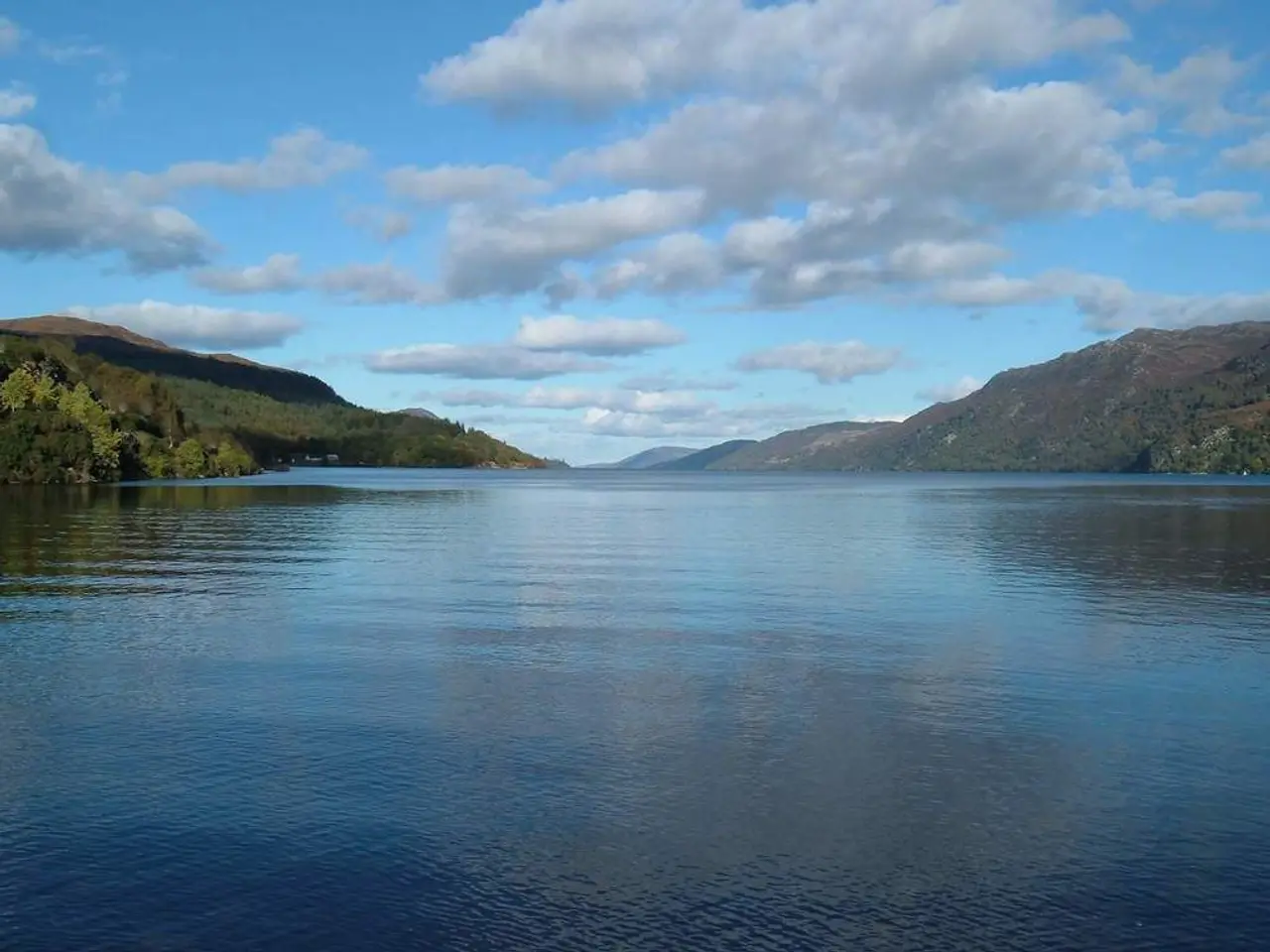Fire ravages France in its worst summer blaze since 1949, with over 39,000 acres scorched.
Europe Battles Intense Wildfires Amidst Record-Breaking Heat Waves
Wildfires are currently ravaging multiple European countries, including France, Spain, Portugal, and Bulgaria, due to an intense heatwave pushing temperatures above 40°C (over 109°F) across southern and parts of eastern Europe. The extreme heat, combined with drought conditions and strong winds, has created highly favorable conditions for wildfires to ignite and spread rapidly.
Europe is warming faster than the global average, with land temperatures rising about 2.3°C above pre-industrial levels. This has intensified heat waves and led to record fire seasons across the continent. For instance, France has issued the highest heat warnings across many departments, while Bulgaria and neighboring Balkan regions face maximum fire danger alerts. The severe heat has dried out vegetation, increasing flammability, while scarce water resources limit firefighting efforts.
Data from the European Forest Fires Information System (EFFIS) confirms that the burned area in the European Union this year has exceeded 409,000 hectares, nearly double the 19-year average for this time of year. The Fire Weather Index indicates extreme to very extreme fire risk conditions spanning large parts of the continent, including the Iberian Peninsula, France, the Balkans, and beyond.
Experts highlight that these wildfires are a direct consequence of climate change accelerating warming, drought, and extreme weather in Europe, which poses increasing risks to people's livelihoods, ecosystems, and food security. The 2025 summer heat wave is one of the hottest on record globally, with Europe experiencing its most severe fire season in recent memory.
In France, the fire in the southern department of Aude is the largest of the summer, with over 16,000 hectares of vegetation scorched as of Thursday. Authorities have confirmed one death, 13 injuries, and three people remain missing due to the fire in the Aude department. Firefighters are cautiously optimistic about containing the blaze by day's end as its spread begins to slow.
Meanwhile, in Spain, the fire in A Coruna has burned about 110 hectares (272 acres) as of Wednesday evening. In the southwestern city of Cadiz, a fire that started on Tuesday was stabilized late Wednesday following the evacuation of about 1,500 people. A special heat wave alert has been issued by the Spanish meteorological agency Aemet, forecasting temperatures up to 42 degrees Celsius (108 degrees Fahrenheit) through at least Aug. 12.
In Portugal, 73 fire incidents were recorded by Wednesday afternoon. Authorities remain vigilant against flare-ups, despite the situation having calmed. Mainland Portugal remains under a state of alert until Aug. 7, with a decision expected Thursday on whether to extend it.
In Bulgaria, wildfires in the southern province of Haskovo have burned more than 3,000 hectares (7,413 acres) since Tuesday. The fires are now reportedly contained on all fronts, but several hotspots remain within the perimeter. Two of the injured are in critical condition.
Satellite imagery released by Météo-France shows the smoke plume from the fire rising over southern France, visible even from space. The fire risk will remain high in several southern departments over the next two days, according to Météo-France.
These wildfires underscore the urgent need for action to combat climate change and its effects on Europe's environment and communities.
- The severe wildfires raging across multiple European countries, such as France, Spain, Portugal, and Bulgaria, are a direct consequence of climate change, which is causing accelerated warming, drought, and extreme weather conditions in Europe, as seen in the record-breaking heat waves and the current record fire seasons.
- The ongoing wildfires in Europe, which are causing extensive damage to vegetation across countries like France, Spain, Portugal, and Bulgaria, are a clear testament to the environmental science behind climate change, demonstrating the dangerous impact of rising temperatures on the continent's ecosystems and people's livelihoods.








